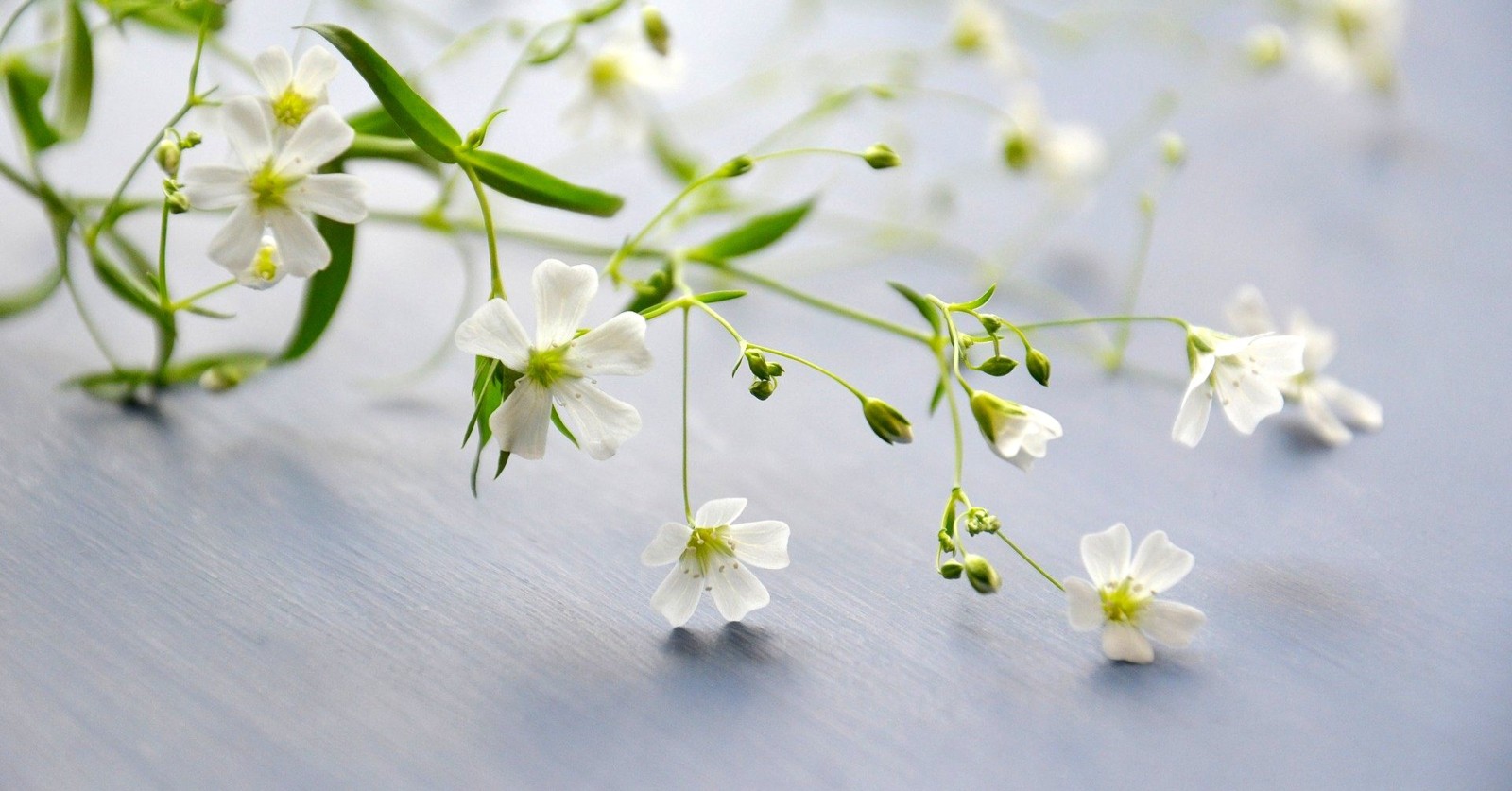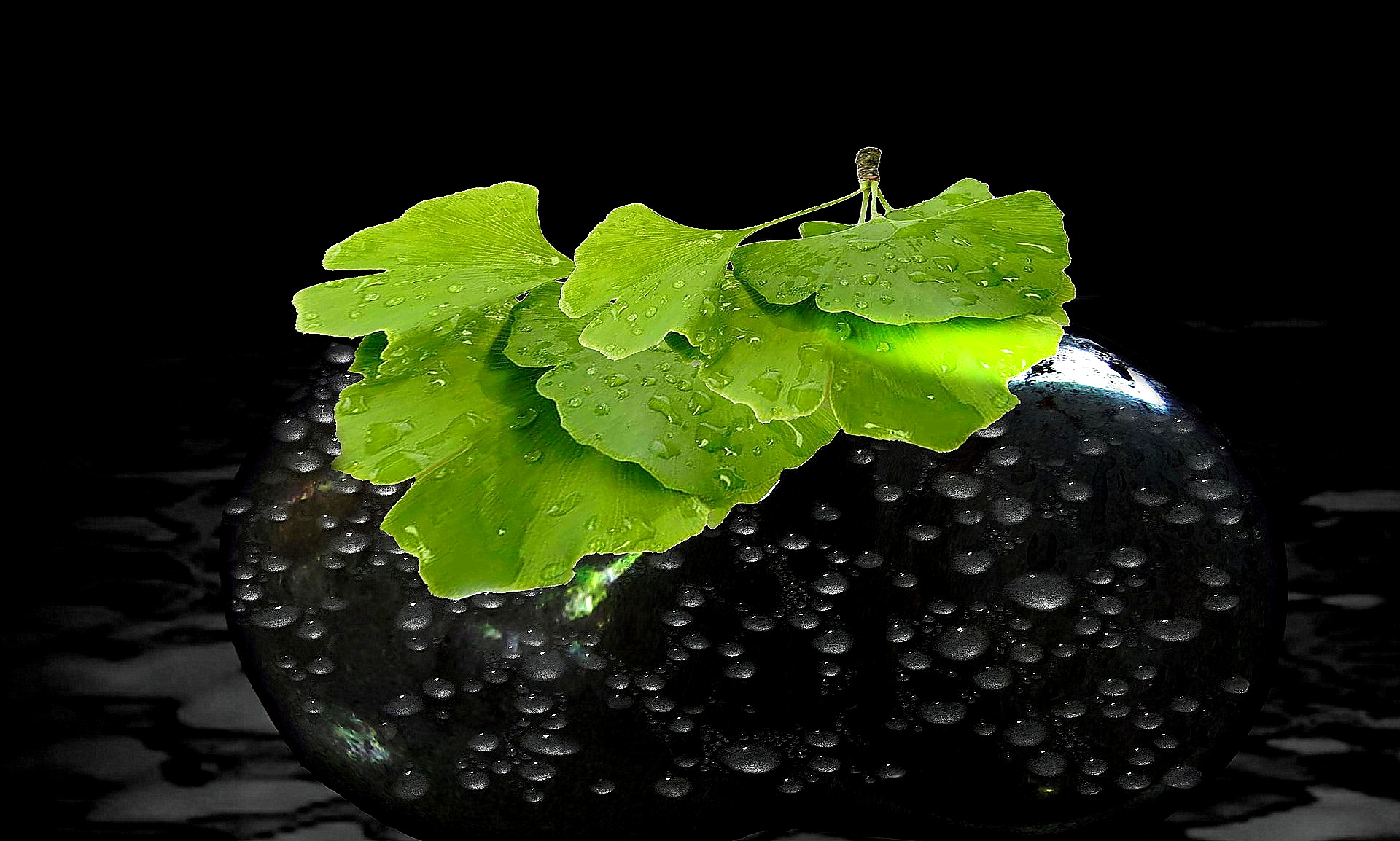Homeopathy is different from what many think
 Many consumers associate homeopathy with “purely herbal” and/or naturopathy.
Many consumers associate homeopathy with “purely herbal” and/or naturopathy.
Basically (according to the self-conception of homeopathy) everything can develop to a “homeopathic remedy”, even plants. However, the drops, globules, tablets, ointments and injection solutions are often made from completely different materials: toxic chemical elements, animal and even disease products – including, as is little known, creepy substances such as fly agarics, snake venom, the saliva of rabid dogs, head lice, cockroaches, dog faeces, pus, cancer and leprosy cells, arsenic, mercury and plutonium. Due to the usually numerous dilutions, however, highly likely not a single molecule of the starting substances and thus none of their nastiness are not still contained in the homeopathic remedy. We are therefore also committed to ensuring that homeopathic remedies are not given a Latin name in the future, but a generally understandable common name. This makes it easier for users to understand what is contained (or is declared as that) and to see for themselves that the original substances are not always pleasant and gentle.
Natural and herbal medicine (phytotherapy) have nothing to do with homeopathy
We have nothing against naturopathy – where an effect can be proven. We just don’t want it to be confused with homeopathy. By the way: naturopathic preparations also have a chemical effect. And a distinction between “good” and “bad” chemistry is not only inadmissible, but it is also simply unnecessary. The body cannot differ whether a substance supplied to it is natural or synthetic. The substance affects processes – or not. The substance has an effect – or not. It is misleading to think that nature is “good” per se. It is also often claimed that naturopathy is non-toxic. Anyone who claims this should (of course not!) take some digitalis, some ergot cereals or an amanita (death cap). Of the death cap, only a single mushroom is enough to kill a man. Moreover, the idea that everything called chemistry is “evil” is wrong. We ourselves are all pure chemistry. No life is possible without chemical processes. The carbon, hydrogen or oxygen atoms in us are no different from those that exist outside of us. It is certainly a difference whether these atoms are assembled into a plastic artifact or into a human cell wall, but the basic substances are all the same. Globules also contain chemistry: C12H22O11 (i.e. cane sugar).
Doesn’t help, so doesn’t harm?
It is crucial that the efficacy of homeopathic remedies – beyond placebo effects – has no sound evidence. Which is not surprising with such a high dilution of the starting materials (potentiation). So it doesn’t matter what they originally contain. The reference to naturalness is, therefore, a superfluous association.
That homeopathy would support self-healing or the immune system in a natural way is unfortunately not true. This would be an extraordinary effect which could not be shown so far. On the contrary: if you believe in this statement, and thus trusting in the wonders of the globules, you will perhaps omit other meaningful measures that would really help the body. The fact that our body has an incredible self-healing potential, without homeopathy of course, is great – after all, it manages to cope by itself with over 80% of all diseases without medical help. We can learn from homeopathy that our body does quite a lot on its own – in a natural way and without “miracle globules”.
Homeopathy can always do harm if you trust it in cases that the body cannot cope by itself. For example, in cases of high blood pressure, cancer, pneumonia and many other acute, severe or chronic illnesses. Those who do not take medical help can lose their lives sooner, suffer unnecessary pain or symptoms, lose vitality or risk subsequent illnesses. Well, that’s natural in a way too – but do you really want to trust in ineffectiveness in view of such dangers? Homeopathy may not be harmful if the body has a small infection, which it overcomes with a little rest and time. It doesn’t really help – but it doesn’t hurt here either. But we make a big mistake if we rely on the “homeopathic nothing” in more serious situations – to what the apparent “successes” in illnesses that heal on their own can easily tempt to (“conditioning”). Yes, there are placebo effects and yes, hope helps to heal. But in serious cases, this is not enough. We must not rely on healing through homeopathy, because it does not exist!


2 Replies to “FAQ 03 – Homeopathy is gentle and natural – why should it do any harm?”
Comments are closed.